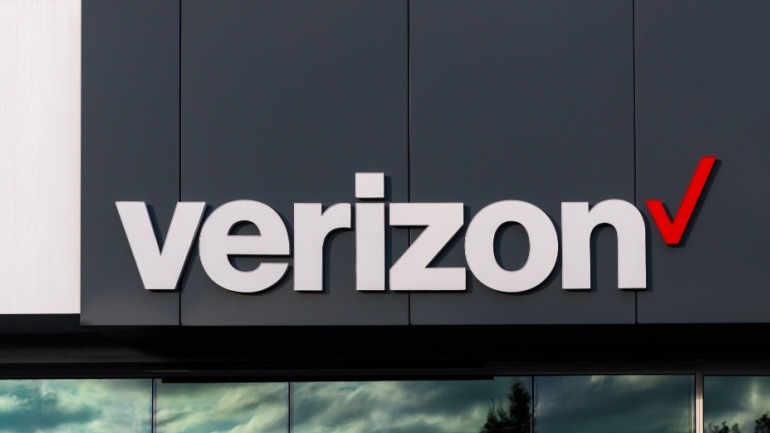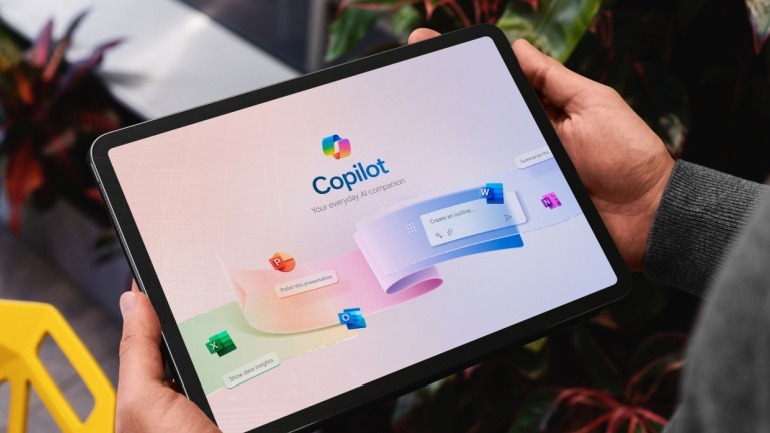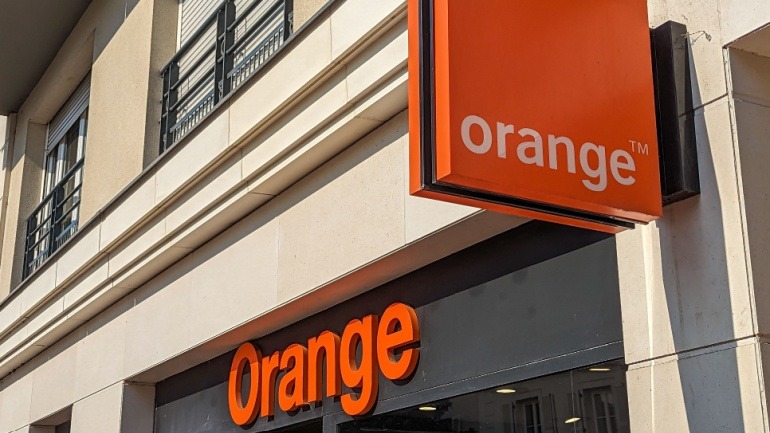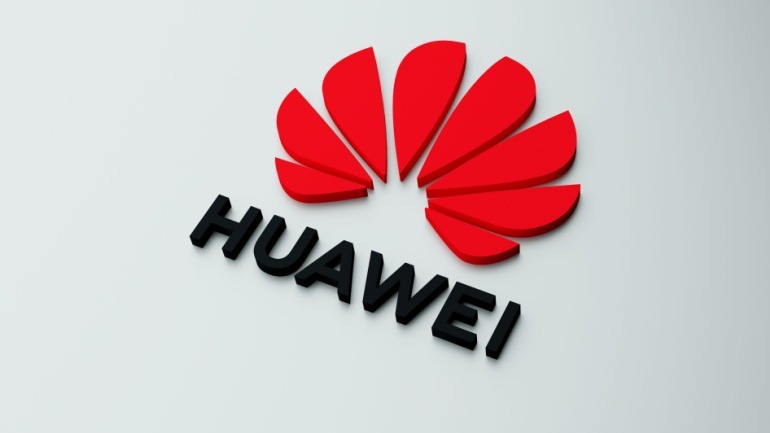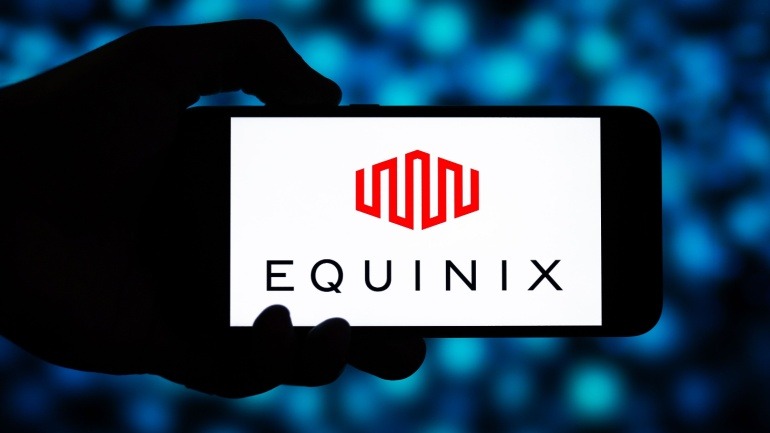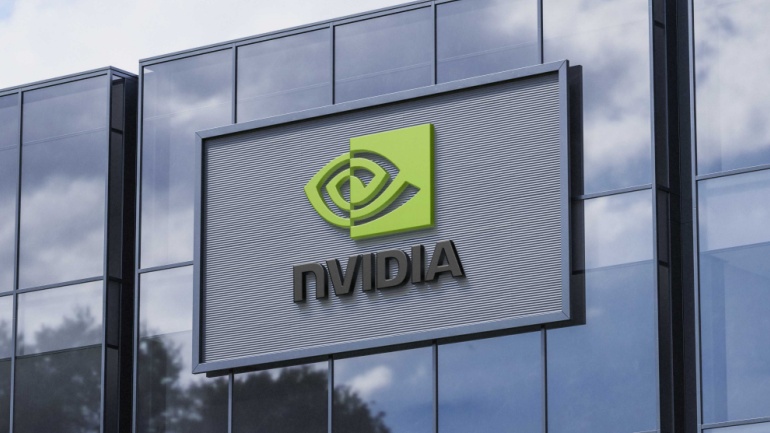Discover the future of telecom with exciting trends set to reshape the VoIP landscape by 2026. From AI-driven automation enhancing customer interactions to the integration of MVNOs and Travel eSIMs boosting global connectivity, these innovations promise to revolutionize the industry. Operators, vendors, and investors must embrace these transformative forces for growth.
In 2026, the evolving world of Managed Service Providers (MSP) promises growth, fueled by optimism despite economic uncertainties. Key trends include Artificial Intelligence adoption and cybersecurity focus, crucial for MSPs to remain competitive. As the MSP market consolidates, data-driven strategies, strategic partnerships, and innovation will define success.
Enhancing VoIP capabilities, Verizon and AWS are set to revolutionize long-haul fiber routes, addressing AI’s surging data needs. This strategic initiative focuses on constructing high-capacity fiber pathways crucial for generative-AI workloads. As AI’s data demands balloon, robust network infrastructure becomes indispensable, driving innovation and ensuring seamless VoIP communications.
Microsoft made significant strides in AI and collaboration tools, with major updates in its Copilot data processing capabilities, set for expansion in 15 countries by 2025. The integration of voice commands into Copilot enhances seamless workflows on mobile, while regulatory scrutiny prompts Microsoft to address pricing transparency issues and improve security in Teams.
Cisco’s revolutionary 360 Partner Program is set to transform the telecommunications landscape in January 2026. With a focus on AI and edge technology, this initiative emphasizes collaborative co-design with partners for customer-centric goals like campus network updates and AI integration. From cross-sell bonuses to the Partner Incentive Estimator, the program is designed for VoIP partners aiming to maximize profitability. Leveraging Cisco’s evolving ecosystem, managed service providers will benefit from secure AI certifications and enhanced enablement resources, paving the way for lucrative, recurring service relationships in the VoIP industry.
Explore the dynamic evolution within the Orange ecosystem, particularly the strategic shifts involving MásOrange ownership and Altice France. As key players redefine telecommunications through advanced technologies like 5G and open RAN, the focus remains on market resilience. Stay updated as pivotal regions like France shape future VoIP innovations.
Huawei’s Xinghe AI Fabric 2.0 revolutionizes distributed data centers by harnessing AI to combat challenges and enhance network security and operations. As the VOIP landscape evolves, this move addresses growing demands for low latency and resilience. Discover how AI-driven innovations are setting a new performance standard in data center management.
Amazon Web Services is making a significant move in South Korea with a $5 billion investment in AI data centers. This aligns with the country’s ambition to lead in AI technology within Asia. AWS CEO Matt Garman’s meeting with South Korean President Lee Jae Myung highlights this commitment, strengthening AWS’s presence.
Equinix’s £3.9 billion investment in Hertfordshire marks a pivotal expansion in the UK for the digital infrastructure leader. By integrating over 250MW of computing power, the new data center development underscores Equinix’s commitment to enhancing the UK’s digital landscape, supporting sectors like healthcare and finance while advancing the nation’s AI leadership.
Cisco’s recent integration of AI with telecommunications introduces the N9100 series switch, incorporating NVIDIA Spectrum-X technology. This innovation signals a shift in AI-ready data centers, notably enhancing VOIP infrastructure. By leveraging flexible operating models, Cisco empowers enterprises and telecom providers to scale their AI networks efficiently, addressing emerging connectivity challenges.





